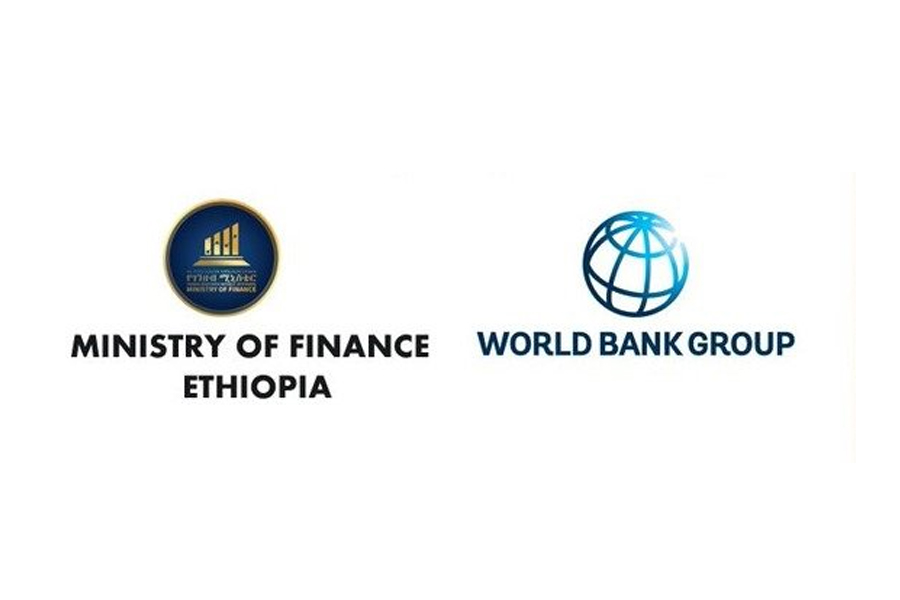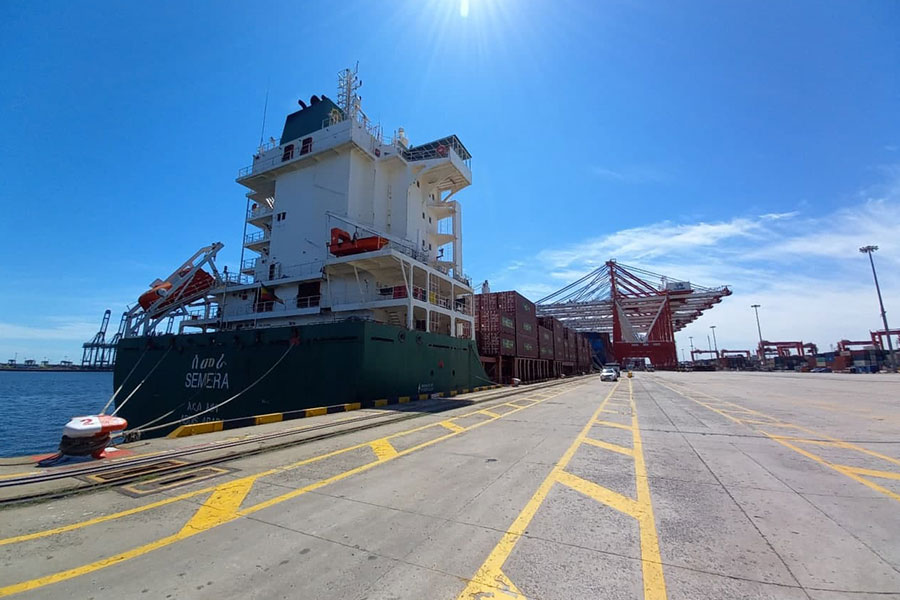
Sep 8 , 2024
By Shang-Jin Wei
A major uncertainty looming over the global economy is who will be the next US president. While the United States (US) is home to only five percent of the world's population, and contributes 15pc of global value added, its role in shaping the world economy is unmatched. Given this, the trade policies of the next administration – whether led by Vice President Kamala Harris or former President Donald Trump – will undoubtedly have significant spillover effects.
We know what Trump is likely to do: raise US tariffs on imports from China to 60pc, and impose a 10pc tariff on imports from all other countries. These policies would hurt Chinese exports to the US the most, but many other countries' exports to the US would also decline, though a few – those providing substitutes for Chinese goods – might benefit.
Economies that depend on supply chains, including China, would also suffer. Many South Korean and Japanese firms export parts and components to China, which are combined with China-made parts and components, and possibly assembled into final products, for export to the US and elsewhere. This implies that any reduction in Chinese exports to the US would translate into a reduction in exports from Japan, South Korea, and others like them.
Efforts to bypass the problem by shifting supply chains to India, Vietnam, and elsewhere might partly offset this effect, but such solutions are likely to be costly and incomplete.
The effects of the "Trump trade shock" would not end there. If the tariffs hamper growth in China, Chinese demand for imports could fall, dealing yet another blow to economies for which China is a leading trading partner, such as Japan, South Korea, and Southeast Asian countries.
Trump's proposed tariffs would also have two less obvious effects – neither desirable for the US.
They would act as a drag on US exports to many countries, because the overall US trade deficit is determined less by America's trade policy than by a shortage of US national savings relative to investment. Given that Trump's proposed tariffs would be unlikely to raise US savings significantly, a reduction in US imports would be matched by a reduction in US exports. With that, America's relative importance as a trading partner for many countries would decline.
Trump's tariffs would undermine the world economic order that the US led the way in creating. The Trump measures would violate America's legal obligations under the World Trade Organization (WTO). But, with the US having spent years weakening the WTO's dispute-settlement mechanism, the body is unlikely to be able to check Trump's protectionism. This would reinforce the sense that the US does not play by the rules and would encourage other countries – particularly those grappling with high levels of inequality – to implement retaliatory tariffs or other protectionist policies.
Populist politicians often tout trade barriers as a solution to inequality.
The contours of Harris's likely trade policy are less clear. One can imagine her upholding US President Jeo Biden's approach to trade, which is slightly less erratic than Trump's, but remains a blight on Biden's economic-policy legacy. Continuing Biden's policies would still advance America's relative decline as a trading country, just not as quickly as Trump's tariffs would.
But there is another possibility. Taking inspiration from two other recent Democratic presidents, Barack Obama and Bill Clinton, Harris might seek to revive US leadership in global trade, not least by rejoining the Comprehensive & Progressive Trans-Pacific Partnership (CPTPP), with Australia, Brunei, Canada, Chile, Japan, Malaysia, Mexico, New Zealand, Peru, Singapore, and Vietnam.
The CPTPP evolved from the Trans-Pacific Partnership (TPP), an agreement that Obama spearheaded but that was never ratified owing to Trump's 2017 decision to withdraw from it. Thanks to the Japanese leadership, the CPTPP was ratified the following year. Beyond expanding market access among member countries, the CPTPP imposes institutional requirements affecting the conduct of state-owned enterprises (SOEs), government procurement, and subsidy rules. Given this capacity to induce institutional reform within member countries, the CPTPP can be considered a kind of "WTO plus."
The CPTPP might even drive reform among prospective members. Though China does not currently meet the agreement's requirements, it has applied to join, signalling its willingness to reform SOEs and market access. A CPTPP that includes China but not the US is hardly in America's interest.
A Harris administration might also reverse previous administrations' tariffs on Chinese imports, which amount to a tax on US consumers, especially middle-class and low-income households. Harris needs to explain to the American public that tariffs are self-defeating, as they raise the cost of living without creating new jobs for American workers.
There is no guarantee that Harris will pick the right trade advisers or overcome protectionist pressures within her party. But if she does – if she combines a relatively open trade policy with domestic redistribution – she may usher in a global trade revival that boosts the US economy and enhances US global leadership. With Trump, by contrast, there is little reason to expect anything more than another negative shock to global trade, resulting in far more losers than winners.
PUBLISHED ON
Sep 08,2024 [ VOL
25 , NO
1271]


Radar | Oct 05,2024

Agenda | Oct 23,2021

Commentaries | Jan 07,2024

Viewpoints | Jun 04,2022

Life Matters | Feb 01,2019

Commentaries | Mar 09,2019

Life Matters | Aug 17,2019

Commentaries | Jun 08,2019

Viewpoints | Jan 07,2024

Editorial | May 18,2024

My Opinion | 132152 Views | Aug 14,2021

My Opinion | 128562 Views | Aug 21,2021

My Opinion | 126483 Views | Sep 10,2021

My Opinion | 124092 Views | Aug 07,2021





Dec 22 , 2024 . By TIZITA SHEWAFERAW
Charged with transforming colossal state-owned enterprises into modern and competitiv...

Aug 18 , 2024 . By AKSAH ITALO
Although predictable Yonas Zerihun's job in the ride-hailing service is not immune to...

Jul 28 , 2024 . By TIZITA SHEWAFERAW
Unhabitual, perhaps too many, Samuel Gebreyohannes, 38, used to occasionally enjoy a couple of beers at breakfast. However, he recently swit...

Jul 13 , 2024 . By AKSAH ITALO
Investors who rely on tractors, trucks, and field vehicles for commuting, transporting commodities, and f...

Jul 12 , 2025
Political leaders and their policy advisors often promise great leaps forward, yet th...

Jul 5 , 2025
Six years ago, Ethiopia was the darling of international liberal commentators. A year...

Jun 28 , 2025
Meseret Damtie, the assertive auditor general, has never been shy about naming names...

Jun 21 , 2025
A well-worn adage says, “Budget is not destiny, but it is direction.” Examining t...

Jul 13 , 2025 . By YITBAREK GETACHEW
The Addis Abeba City Revenue Bureau has introduced a new directive set to reshape how...

Jul 13 , 2025 . By BEZAWIT HULUAGER
Addis Abeba has approved a record 350 billion Br budget for the 2025/26 fiscal year,...

Jul 13 , 2025 . By RUTH BERHANU
The Addis Abeba Revenue Bureau has scrapped a value-added tax (VAT) on unprocessed ve...

Jul 13 , 2025 . By NAHOM AYELE
Federal lawmakers have finally brought closure to a protracted and contentious tax de...